|
An earlier version of this article was published at https://phasermagazine.com/main/2019/1/9/why-hip-hop-needs-to-change-its-approach-to-sexual-assault The recent furore surrounding Hot 97 radio host Ebro Darden’s mild interrogation of Kodak Black, a rapper currently awaiting trial for a sexual assault case, is worrying to say the least. After the #MeToo movement’s attempts to cleanse Hollywood, one might have thought Darden’s stance would have been championed for being ‘woke’ in an era where the US President can (allegedly) pay off a porn star to keep quiet and still stand in front of his supporters like some kind of toupee-wearing god.
But no, if anything the response to the Kodak incident was overwhelmingly hostile towards Darden, with commentators criticising him for making the rapper feel ‘uncomfortable’. Ironic, considering he is being charged with doing things to someone which will have made them feel just a tad worse than ‘uncomfortable’. I get the whole innocent until proven guilty approach, because it is important to remember that the charges may indeed be shown to be false, and the media are right to avoid jumping the gun and producing another Cliff Richard smear debacle. But there is a difference between suspending judgment, and turning in the opposite direction and assuming that the accuser is lying. Chance the Rapper recently spoke out saying that he regretted working with R. Kelly, who has been the subject of a recent documentary reaffirming numerous allegations of sexual assault involving women and teenage girls. Chance admitted that he ignored the accusations because of the R&B singer’s celebrity, and had presumed the women were merely seeking publicity. It is just as dangerous to adopt this kind of attitude, as it is to adopt the mentality that Kodak Black is definitely guilty. Of course, when celebrities are involved it has been known for sexual assault allegations to have been proven false, and submitted merely with the intention of getting in the papers. However, the truth is that this is usually not the case. The FBI puts the number of ‘unfounded’ rapes, i.e. those found to be false, at 8%. When you consider that the US Bureau of Justice estimates that only 35% of all sexual assaults are actually reported to the police, this figure becomes even more significant. Some cases will be submitted purely for publicity, and there are no statistics specifically in relation to sexual assault charges involving celebrities. But at the end of the day these rappers and singers are role models to a tremendous amount of people, so we surely have to treat their allegations with only the same amount of scepticism as we would a case involving the average Joe. Otherwise, if our immediate reaction to a sexual assault charge against a celebrity is ‘They’re probably lying’, then this will inevitably translate into our treatment of normal cases. Ebro is 100% right for not merely sweeping the Kodak issue under the carpet. People should be aware that the man being interviewed is being tried for sexual assault, rather than simply ignoring the case and promoting the rapper’s new album like everything is hunky dory. People tend to get on their high horses at this point in the debate, arguing that if we refrain from listening to certain artists simply because of their private lives, then we are on a slippery slope to censoring art in general. They claim art should be treated as amoral. But it is not about censoring music, it is about giving people who may be tempted to listen to Kodak Black the relevant information, which they can then choose to use as they wish. Many may be aware of his trial, but don’t believe music and the artist should be linked so concretely, with the credited artist not even being the main contributor to many songs that will have involved writing teams, producers, mixers, etc. Others, though, will undoubtedly choose to avoid buying a record that is linked so heavily with a potential sexual offender. The problem runs deeper when the artist has already been shown to be guilty. My friend recently recommended an Xxxtentacion song to me, saying how beautiful the music is. But she wasn’t aware of his history of quite horrific domestic abuse, involving battery of a pregnant woman and attempted strangulation, and when she was made aware of this, she was shocked, and felt guilty for listening to his music. But the guilt should not lie with the listeners, for everyone is of course entitled to endorse whichever music they please. The issue is that she wasn’t even aware of his history, due to the overwhelmingly positive publicity the rapper has received after his passing. It is virtually impossible to listen to an Apple Music or Spotify Hip Hop playlist without almost accidentally listening to Xxxtentacion or 6ix9ine, the former of whom has been recorded admitting to his crimes, and the latter of whom has already been charged for sexual misconduct. Morality is treated as such a malleable concept in the modern era, with the increasing popularity of cultural relativism as a philosophical worldview, and I am not suggesting we start telling people not to listen to certain music and ranking some songs as morally superior to others. The point is that sexual crimes should not be glossed over simply because a rapper is popular. Hip Hop needs its own #MeToo movement. For too long casual sexism has been an inherent part of rap music, with people like myself ignoring it with the justification that a lot of rap lyrics are purely fictional, written with the intention of fulfilling the gang-member, drug-dealer stereotype. But while Film is clearly making the effort to give women the respect they deserve, Hip Hop is flailing way behind. People should be free to listen to these artists if they choose to. But in my view, their music should not be actively endorsed in the way it has been, simply to increase revenue for streaming services and record labels, in the process ignoring their sexual misconduct cases. At the moment, it is harder to avoid these artists than it is to listen to their music. Over the past couple of years Hip Hop has become a burgeoning feature in the charts, and I am as happy as anyone about this. However, it is crucial that the flourishing of this overwhelmingly male-dominated genre is not accompanied by the undoing of the positive steps made by numerous powerful female chart presences, such as Ariana Grande, Taylor Swift, Little Mix, and Jess Glynne to name a few. The Hot 97 backlash is the last thing that Hip Hop needs. The genre needs to start showing more respect to victims of sexual assault, just as Ebro was trying to do in his Kodak interview. If you ask me, Hip Hop needs to start showing more respect to women in general - we need fewer songs objectifying women, and more songs made in the ilk of Lil Yachty’s ‘Worth It’, for example, which subverts this culture in his tackling of the issue of body image: “I love you for who you are, God don't mess up at all, Even when he make us with flaws” This attitude should be standard, rather than the exception. Maxim Mower
0 Comments
Originally posted on Sosmusicmedia.comName: Maxim Mower
Date: 02.01.19 Artist: Jess Glynne Song Title: Thursday Song Link (YouTube/Soundcloud): https://www.youtube.com/watch?v=h0v30jKH958 Issue: Body Image Key Lyrics “Sometimes I'm shy and I'm anxious Sometimes I'm down on my knees Sometimes I try to embrace all my insecurities So I won't wear makeup on Thursday 'Cause who I am is enough” Where’s the Meaning? In this song, Jess Glynne walks us through her inhibitions, before closing the verse with a positive, uplifting statement of intent, proudly singing that she “won’t wear makeup on Thursday” in a rebuttal of her fears and society’s expectations of her. Notably, she conveys how she is desperately trying to ‘embrace all my insecurities’, rather than attempting to cover them up and hide them from the world. This sense of determination is even more rousing, because its optimism starkly contrasts with the worries of the preceding lines. In these Glynne acknowledges and reveals the severity of her struggles regarding other people’s perceptions of her. Powerfully voicing her resolution to forego make-up on Thursday suggests that the aforementioned insecurities (“Sometimes I’m shy and I’m anxious/Sometimes I’m down on my knees”) stem from a lack of body image confidence. Struggles with body image and it’s most potent form, Body Dysmorphic Disorder (BDD), are increasingly prevalent today, perpetrated and exacerbated by social media platforms such as Instagram, Snapchat and Facebook, the culture of which puts pressure on women in particular, but also men to an extent, to look a certain way. The widespread use of Photoshop and other photo-editing tools by celebrities, influencers, and general users alike encourages fans, followers and friends to aspire to unrealistic and unattainable body goals. The final, triumphant line (“‘Cause who I am is enough”) reminds us that the basic purpose of make-up is to cover up imperfections that we don’t want other people to see. Jess Glynne rejects this, arguing instead that we should embrace people’s imperfections and put less strain on people (young women especially) to fit into a mould set for them by society. Her compelling use of the word ‘enough’, rather than something stronger, such as ‘beautiful’, or even ‘perfect’, impresses upon listeners that we shouldn’t be aiming at traditional, outdated body image standards. We should just be us, as imperfect as that might be, and refrain from passing any judgments or classifications on how people appear, or indeed, should appear. Muse Points
Cause Warriors
Doesn't it get dark, right before the sun peaks? Chance the Rapper, Work Out I was going to call this edition of Self-Help Songs ‘How to Handle a Break-Up'. Because, initially at least, that’s what this song is about. But then the core message is so overwhelmingly one of love and peace that I had to put it in the ‘How to Be Positive’ category. It’s interesting because it does involve an on-off relationship, but Chance gives us insight into how to continue loving through these testing times, and to not react with resentment to periods of distance within a relationship. Work Out is infectiously uplifting. What makes it resonate so much more than the usual, bubblegum-pop, happy-clappy songs that we might also deem exceedingly positive, is that he starts off on a more prickly note. And when I say prickly, I mean as prickly as the ever-smiling, man-of-God Chance the Rapper is ever going to be, which isn’t very. Chance begins his verse rapping, “Luckily my ex ugly, I don’t eat so she can’t get no lunch with me, I don’t reach so she can’t get in touch with me, Can’t be buds with me”. This is an unusual tone for the Chicago rapper in that it feels kind of bitter. Is Chance making a…God forbid…diss track? Before any of you start to wonder whether the world has just turned upside down, have no fear. Because before the first verse is even finished, Chance restores life to normality, crooning, “But I must confess, I must confess, For every single ex, I want the best, I really wish you nothing but success”. Ah, that’s more like it. Although I speak in jest, it does contain a vital point about having the right outlook in life. Having feelings of bitterness or anger is only going to fester and have a negative impact on you in the long-run, especially if it’s about an ex-lover or someone you used to be super close to. I think Chance is preaching acceptance here, and more than anything love - because thinking selfishly, love not only brings warmth to its recipients, it also makes the giver feel so much better and happier. How to Be Positive #1 - Love unconditionally This isn’t the only thing we can learn from Work Out, though. Chance goes on to reference the earlier statement about his ex, rapping, “No you is not ugly I just said it to be/Funny we both know that you look better than me”. Now, there’s not many people who've gone through a break-up, and would be able to bring themselves to say something like that. So this obviously ties in with the ‘unconditional love’ note, but also what I get from it is how important it is to not take yourself too seriously. Yes, it’s vital to have self-esteem and to be confidant. But equally it’s refreshing and healthy to be able to laugh about yourself. A lot of artists get too involved in the intense introspection that music often entails, but watching Chance the Rapper speak on Genius about this song reinforces how it’s usually a lot better not to be so po-faced. Life can be sombre enough without adding extra, unnecessary seriousness to it. It’ll only weigh you down.
How to Be Positive #2 - Don’t take yourself too seriously
Finally, just a point on the fact that Chance is now engaged to the woman he is singing about on this song. I guess it goes to show that in the end, even when life sucks and gets you down, everything ultimately works out. Hey, that would be a good name for a song… How to Be Positive #3 - Know that it always works out in the end When I’m with you, I’m not afraid to show it all. When I’m with you, I’m not hiding anymore The Shires, Naked How to Love #1 - Be Yourself This song is all about how love involves letting your guard down and just being yourself. The Shires suggest that if you love someone without letting them see who you really are, then that person will be loving someone that isn’t really you, and you’ll be playing a part that eventually you’ll become tired of playing. I love the metaphor of being physically naked, as it shows how revealing your true personality and all your flaws can be scary, because in your head you’ll be listing all the negative parts of you and you might feel set up for embarrassment. But this is why the line, “I can’t believe that you’re finally letting go/And I’ve been hurt and burnt before” is so important, because it shows how closely intertwined this feeling of being yourself is with trust. It takes trust to let someone in, especially if you’ve been ‘hurt and burnt’ in the past. I feel like this whole song encapsulates one of the most vital moments in any relationship, when you finally drop the facade you’ve been maintaining to impress the person you’re with, and you just relax. The song’s intro highlights how putting up walls only complicates things and creates a feeling of uncertainty. But if there are no walls, then there is nothing to hide, as everything is out in the open. Equally, what’s awesome about The Shires is that they can portray the perspectives of both lovers. So we are not only shown the amazing experience of freeing oneself from insecurity in the presence of one’s partner, but also the partner’s fulfilling feeling of being trusted and accepted. The country duo highlight the responsibility in a relationship not to judge, and to not throw this trust back in their partner's face. Read the full lyrics to Naked here: https://genius.com/The-shires-naked-lyrics Let’s switch bodies for a day. You could be me and I could be you 6lack, Switch How to Be More Tolerant #1 - Before you judge someone, imagine life through their eyes You might remember the comedy-rap hit from earlier this year, Lil Dicky’s ‘Freaky Friday’, in which he hilariously swaps bodies with Chris Brown. 6lack takes this plot but gives it a much deeper, more poignant makeover. The chorus plays, “Now switch/Tell me how it feels/to be somebody else”. The famous ‘To Kill A Mockingbird’ quote comes to mind - “You never truly understand a person until you consider things from his point of view…until you climb into his skin and walk around in it.” In this world of instant opinions and twitter debates, Switch’s message couldn’t be more appropriate. Social media increasingly gets us into the habit of making immediate judgments about people, words and images. Everything is divided into two categories - like or dislike, and while it may feel like a greater amount of viewpoints is making us more open-minded, I would argue it is having the opposite effect. Accusations of ‘Fake News’ has led us to judge based on emotions rather than on hard facts. 6lack croons, “Ain’t nobody gotta go through what I’m going through, no/But it seems like they all know what I’m supposed to do, so”. He is criticising those who try to dictate to him how he should live his life, and there is perhaps also a shot aimed at those who claim his problems aren’t worthy because he is living a life of stardom. But I think the most crucial message from Switch is to be more tolerant of others, because we can never truly experience life from their perspective. So although their issues may seem insignificant to us, or they may come across in a negative way, everyone is fighting their own battles, and each person’s troubles are the most important things in their own lives. Therefore everyone’s problems are equally as important as a whole - it is just a matter of subjectivity and perspective. Next time you’re going to judge someone, think of the unlikely partnership of fictional 1930s lawyer Atticus Finch and 21st Century rapper 6lack: “You never truly understand a person until you consider things from his point of view…until you climb into his skin and walk around in it. Now switch, tell me how it feels, to be somebody else.”
As a philosophy student, I spend most of my time learning about the best ideas we humans have ever had.
One day I'll read about John Stuart Mill's ethic of doing the greatest good for the greatest number, as long as no harm is done in the process. The next I might have to peruse through Aristotle's theory of following a middle path between vice and virtue, in order to be a good person. And maybe then I'll be taught about the Buddhist principle of losing one's self and focussing on love as the only way to be truly happy. But while sitting wide-eyed and amazed by these awesome ideas, something always troubled me. These principles and theories seem pretty watertight, right? So whenever I read about them, I can't help but wonder to myself, why is the world still full of problems, if these philosophers have offered us so many good solutions to them? Why don't people always act with love as their main motive? Why don't people walk down a middle path between vice and virtue? Why don't people do the greatest good for the greatest number? Okay, circumstances make it incredibly difficult for a lot of people to do this. But most of these ideas don't require any money or assistance, they start with ourselves. So why haven't philosophers' ideas spread more widely? When I enquired about this to my teacher, she simply replied, 'Because most people haven't read the books. Sure, they'll hear about the main ideas, but to understand them you have to read the texts. People don't look up to philosophers anymore - they look up to the fickle merry-go-round of popstars and rappers.' So...what? Is she suggesting that I'm supposed to view Lil Yachty on a par with Plato? If that's the case, then I might as well quit my course now and save myself £9,000 a year!​ ​ After a moment of Descartes-style self-doubt, wondering whether my belief in the powers of Philosophy were in jeopardy, I realised that all might not be lost just yet. Think about it. Artists are the prime champions of free thought and the capacity of ideas, probably even more so than philosophers. At the moment, the charts are full of feel-good, soundbite-philosophies. The past few years have heralded hits called, 'One Man Can Change the World', 'Get Along', 'Don’t Be So Hard On Yourself', 'God is a Woman', and at least three called 'Love Yourself'. This is an era where music is trying to inspire us to be better, to be happier and to be ourselves. Yet due to a number of factors, such as the rise of Social Media and Reality TV, people struggle with issues such as self-esteem, mental health and finding a purpose in life, probably now more than ever. Of course, music isn't going to solve these problems. But the least it can do is help. Whenever review sites (like this one) analyse tracks and albums, we look at what the song means for the artist. We ask, 'What does the artist mean by this?', 'What emotions are they trying to convey?', 'How does this correlate to the recent events in their private life?' I think these aren't the questions we should be asking. We should instead approach music with the mindset of 'What can I take from this?' Songs often contain incredibly motivational and insightful lyrics, but they get lost in all the focus on the actual artist and how it relates to their life. Well, not only is beauty in the eye of the beholder - meaning is too. So welcome to a music series with a selfish twist - I'm looking at what songs can teach us about how to be happy, how to love, how to be more appreciative, and many more lessons we can learn from unsuspecting sources. I might call it 'Music Philosophy'. Or maybe 'Self-Help Songs'. Oo, how about 'Headphone Healing'? Without further ado, my first piece will be on 'How to Be More Decisive'. Actually, maybe it won't. But then again, maybe it will. Featuring: LOGIC, BILLIE EILISH, ALICE IN CHAINS AND KENNY CHESNEY
Lyric of the Week - Kenny Chesney, ‘Get Along
He said all your really given is the sunshine and your name Chesney’s knack for storytelling is once again highlighted, as he recounts a tale of a religious man giving him some rather deep advice. The song is of course all about the mantra of getting on with those around you (spoiler alert in the title), with a very unsubtly cloaked reference to the Christian principle of ‘Love thy neighbour’. While I appreciate the message, it is easy for songs like this to come across as overly preachy and self-righteous. But that is why I love these two lines, because they add a touch of self-deprecating humour, as Chesney recalls the profound teaching that fundamentally all we have is ‘the sunshine and our name’, but then as the singer is pondering this it ironically starts to rain. Key lesson to be learnt? Apparently you do need to take an umbrella on that summer Nashville trip you’ve been planning after all. Seriously though, as you well know, over at Maximoco HQ we hate too much seriousness, but we are suckers for a good, loving message - so that’s why these lyrics were bound to be a hit with us. Album Art of the Week - Alice in Chains, Rainier Fog Now, I’m a big fan of bright colours, and I’m not a big fan of rock music. So as I’m staring at this entirely black-and-white, murky album cover from a rock band, part of me wonders what I was thinking choosing this for Album Art of the Week. But for some reason, the image just looks awesome to me - I love the office-style cut-and-paste juxtaposition with the scenes of nature, and the man walking into the ‘eye’ of the storm (quite literally) creates a very ominous vibe. The writing in the bottom left-hand corner adds to the overall mystery, making this look like a poster for an upcoming horror movie, and certainly has a voyage into the unknown feel about it. Just lost out to ‘Performance’ by White Denim.
Title of the Week - ‘you should see me in a crown’, Billie Eilish
Inspired by the famous Moriaty line from BBC’s Sherlock, “In a world of locked rooms, the man with the key is king. And honey, you should see me in a crown.” This song screams confidence compacted into a sassy, pithy punchline. Also poignant because the original quote is about ‘the man’, while Billie switches this to be about herself in an empowering move. And if you’re wondering whether the standard of this blog’s spellchecking is slacking, Billie brands all her song titles without any capitals. Travis Scott did it first. Just saying. Music Video of the Week - ‘One Day’, Logic ft. Ryan Tedder https://www.youtube.com/watch?v=kIZhyifo6Q4
To be honest, I started watching this with a sceptical eye. Logic already played the humanitarian card last year with his National Suicide Prevention hit single ‘1-800-273-8255'. ‘One Day’ dropped out of the blue, following a very thuggish Bobby Tarantino mixtape, and handily just in time for the VMAs. Logic performed, of course, and while it was moving it was also in danger of coming across as an attempt to jump on the anti-Trump bandwagon, and using the well-publicised border crisis to fuel another surge up the charts. But whatever your feelings about the actual track, or his VMA’s performance, the music video is undoubtedly poignant and well-constructed. It begins as expected, with a dramatisation of the separation of a family trying to cross into the USA, and then we fast forward to follow the lives of one of the children who has been separated and given a new home, as well as a boy who grows up to become a neo-Nazi. The plot line is a little convoluted at times, but the conclusion more than makes up for this. The message is one that is very relevant to our times, and you can be as mistrusting of Logic’s motives as you like, and I don’t even really like the song, but viewed as an isolated piece of art, this music video is incredibly inspiring and captures what it is trying to communicate perfectly.
Yours sincerely, but not too seriously, Max.i'm
c2a423c10b30dae14ec8d6f25e0fd9f673a130133e09b16401
Which is more common out of the following two situations:
Do some people take drugs to lift them out of a depressed or anxious state? Or do drugs in fact often cause these depressed and anxious states? This chicken-or-the-egg dilemma is the question that is perhaps more relevant now than ever. Despite the increasing amount of information detailing the damage drugs can do to the human body, hard drugs are still a central muse for modern music, particularly Hip Hop. The Kid Cudi propelled movement into melodic Hip Hop and Emo-Rap was accompanied not only by a heightened sense of vulnerability coming across in songs, but also a strong theme of dependance on the likes of Marijuana, Cocaine, and now more commonly Lean and Xanax. There’s even a rapper now called Lil Xan. I mean, seriously? Ever since Lil Peep’s well-publicised death from a Xanax-based overdose, many expected drug references to take a backseat in the music world. Yet this has clearly not been the case - with Drake probably being the only major recording artist in the current Hip Hop pantheon not to be looking through whichever online rhyme dictionary rappers use nowadays to find words like panax, hand-axe and Japan Wax. But should we be worried? It is no secret that members of this younger generation idolise their music stars more intensely than ever, due to the accessibility and personality social media offers to fans. Thus, when they hear Post Malone telling them that he pops pills like a rockstar, many will be moved to try and mimic their role model. There is the argument that this is merely the fault of the listener, for as Malone himself has said, he is not actively telling people that ‘You should go and pop pills’, he is just documenting a lifestyle - that may or may not be autobiographical - and does not intend for it to be taken too seriously. Future, who probably holds the record for most drug references in a single career, adopts a similar but interesting line of argument. He admits that he does not actually take that many drugs, and he raps about them so often because he knows a lot of people do live that kind of life. Equally, either in an uber-artistic move or simply a consumer-broadening tactic, he points out that you can have it either way with his music, it can be enjoyed by people who can empathise with what he is saying, or sober people can listen to his hazy croons and feel as though they are drugged-up, without having taken anything. This is linked to the stance that most of this generation seem to adopt, the ‘slippery slope’ argument, that if we stop artists talking about drugs then we are censoring, and censoring is one step towards restricting art altogether and saying you can’t sing about the colour red because the current government dislikes it and would rather everyone sings about blue instead. Personally, I understand this perspective, but I feel it is a biased one. Usually the people that begin asking the questions I have asked come from the starting-point of enjoying music that does reference an ubiquitous amount of drugs, but then they hear their conscience piping up and eventually drowning out the heavy baselines and twinkling hi-hats. I myself am a big fan of Future, Post Malone, Travis Scott and the Migos - all of whom frequently reference drug use. So I, of course, am inclined to follow the argument from censorship, or perhaps Post Malone’s point about poetic license and lyrics not being intended to be taken literally. But either way, there is a part of me left dissatisfied - whether it is my conscience, or my audial desires. Should art be allowed to evade the restrictive clutches of morality? Or should such widely consumed and incredibly influential artforms, such as music, be censored? It seems there is never going to be a solution that will both maintain artistic freedom whilst keeping a strict moral compass. Art places a huge responsibility on the listener, and despite what theatre critics, art curators and those pesky music bloggers (ugh, hate those guys…oh wait) will have you believe, the value of anything that falls under ‘the arts’ is completely subjective. This is the beauty of art, and it is why you can meet one person who is a diehard Metalhead, and another that abhors anything remotely Rocky but is utterly obsessed with K-Pop. There is no objective ‘good art’, there is just art that perhaps more people are fond of than others, but this doesn’t make less popular art any less good. Beauty truly is in the eye of the beholder. Okay…but how does this link to drugs exactly? Well it seems that drug references are just a part of Hip Hop, and it is the listener’s duty to enjoy this kind of art for what it is - art, and art doesn’t need to have some kind of hidden message all the time. Just because Future raps about pouring Lean 24/7, it doesn’t mean he thinks you should do the same. He might just be trying to convey a melancholic mood more vividly through a depicted dependence on drugs. The other key thing to remember, in my opinion, is that it is easy to think that because music generally takes a narrative, first-person format, it means it is always autobiographical. This is simply not the case, and numerous popular artists have their songs written for them, so it is obviously not about their own lives. Art is designed to make you feel something, to move you in any kind of way. To adapt Charles R. Swindoll’s old adage, or maxim… ’Art is 10% the actual song, painting, poem, play, etc., and 90% how you react to it.’ What do you think? Do you agree? Yours sincerely, but not too seriously, Max.i’m The recent hype surrounding the upcoming release of Mamma Mia 2 in cinemas may be surprising to some. Indeed, many media outlets have been quite keen to write of musical theatre as the art-form of the older generation, with the number of younger people going to theatres supposedly declining. Young people listen to music and watch films, they don’t want to go and see plays.
Firstly, I want to point out that this is a baseless misconception. A significant number of my fellow students are heavily involved in theatre, in fact I would say it rivals sport as the most popular extracurricular activity in the whole University. A typical response to this would be to say yes, students enjoy participating in theatre, but they won’t go to watch it. Admittedly, the number of students who frequently go to watch productions is mightily eclipsed by the number of students who listen to music, and I am yet to meet anyone at my University who doesn’t have either Spotify or Apple Music. But this, I would argue, is not down to a lack of interest, rather a lack of access. Rather than comparing the amount of young theatre-goers to the amount of young music-listeners, I think it is more accurate to compare the former with the number of young people who frequently go to music concerts. I am not talking about local gigs or club events, I mean arena-standard concerts, because this is the closest equivalent to seeing a play in the West End or on Broadway. The disparity then becomes far less considerable, and I know plenty of students who have been to numerous West End shows with their family, but have never been to a music concert in their life. Just because music is a more accessible form of art, due to its ability to be downloaded and streamed in the comfort of one’s own home, it does not mean it is necessarily more relevant to this generation. The second main point I’d like to make is that West End ticket prices make seeing a play much more of a luxury than it used to be. There has been no attempt to hide the fact that theatre tickets are increasing in price, with a trip to see the likes of Les Miserables or The Lion King setting you back a good £70 a head. In comparison, while the biggest names in music will of course command a similar fee, tickets to one of the biggest music events of the year, Wireless Festival UK, which took place a couple of weeks ago in London, and which boasts some of the biggest names in Hip Hop, including Drake, Big Sean, Post Malone and Stormzy, were sold from the official platform for just over £50. Theatre risks being shut off from younger audiences due to excessive ticket prices - not because of a lack of interest. The 16-25 Railcard scheme in England offers some West End tickets at reduced prices, but we need more policies like this in order to keep this art-form as relevant as it should be, and as students want it to be. Do you agree? Would you like to visit the theatre more often, but find yourself restricted by ticket prices? Or do you think it really is just becoming irrelevant to this generation? Yours sincerely, but not too seriously, Max.i’m |
AuthorHello! I'm currently studying Philosophy & Theology at Oxford University, UK. Having always loved writing and music in equal measure, and having always hated decision-making, I figured hey, why do I need to choose between the two? Archives
May 2020
Categories
All
|
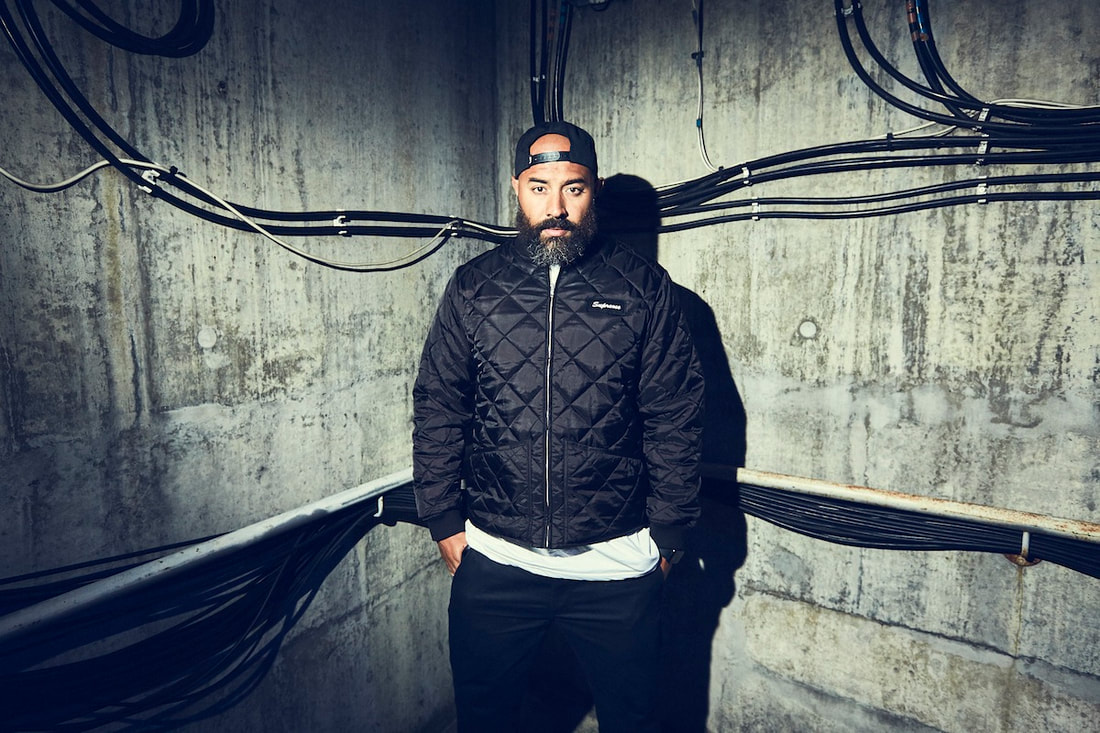
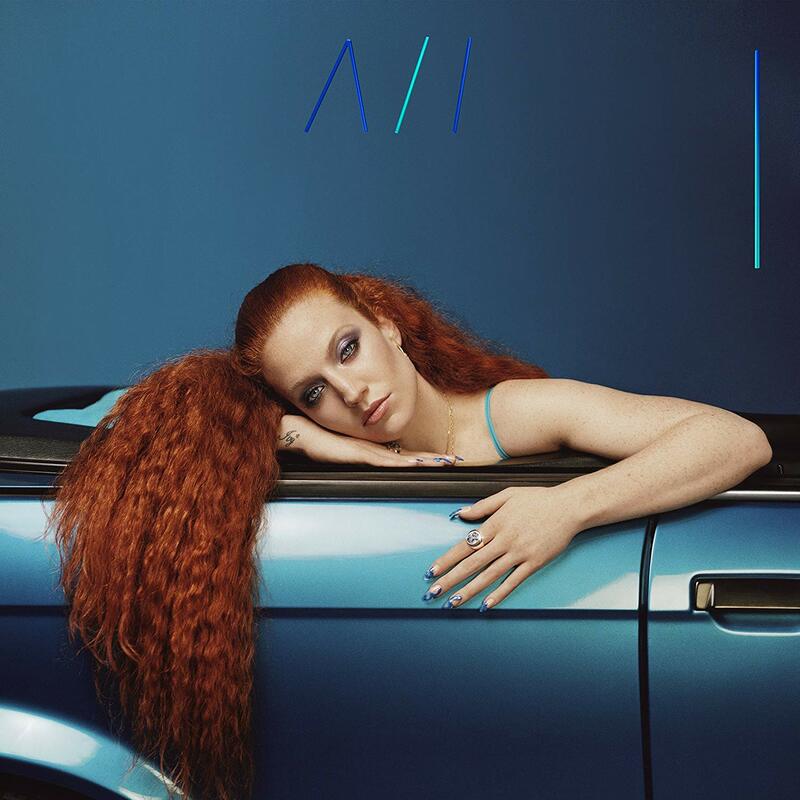
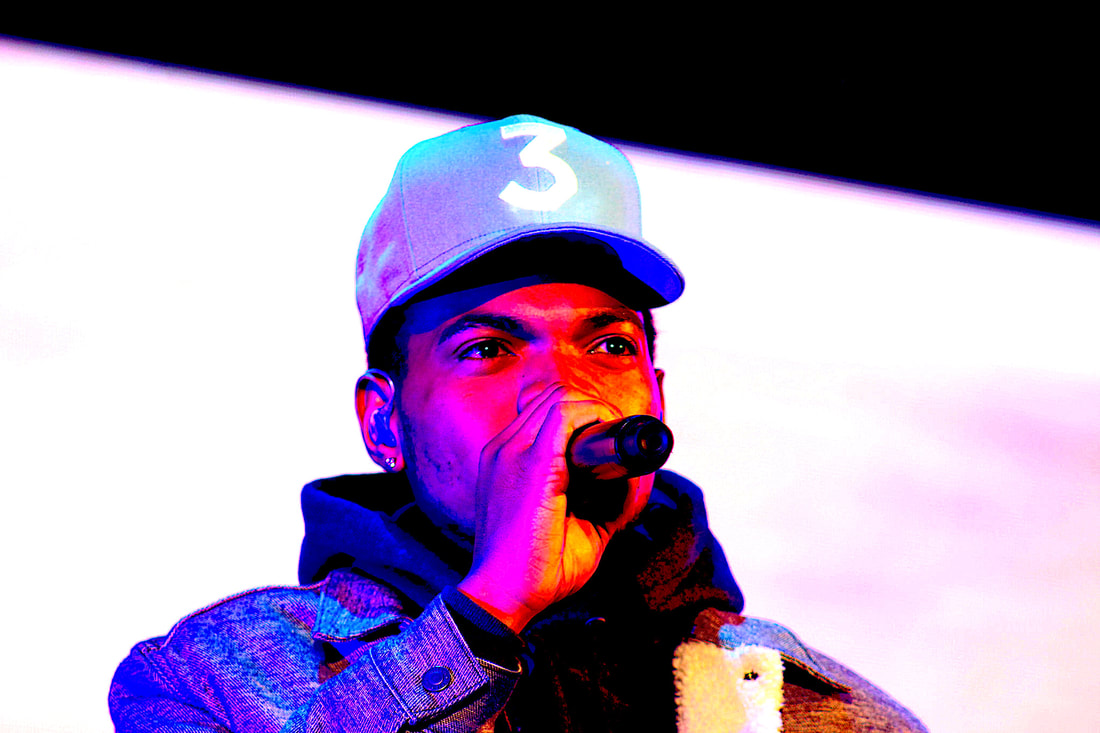
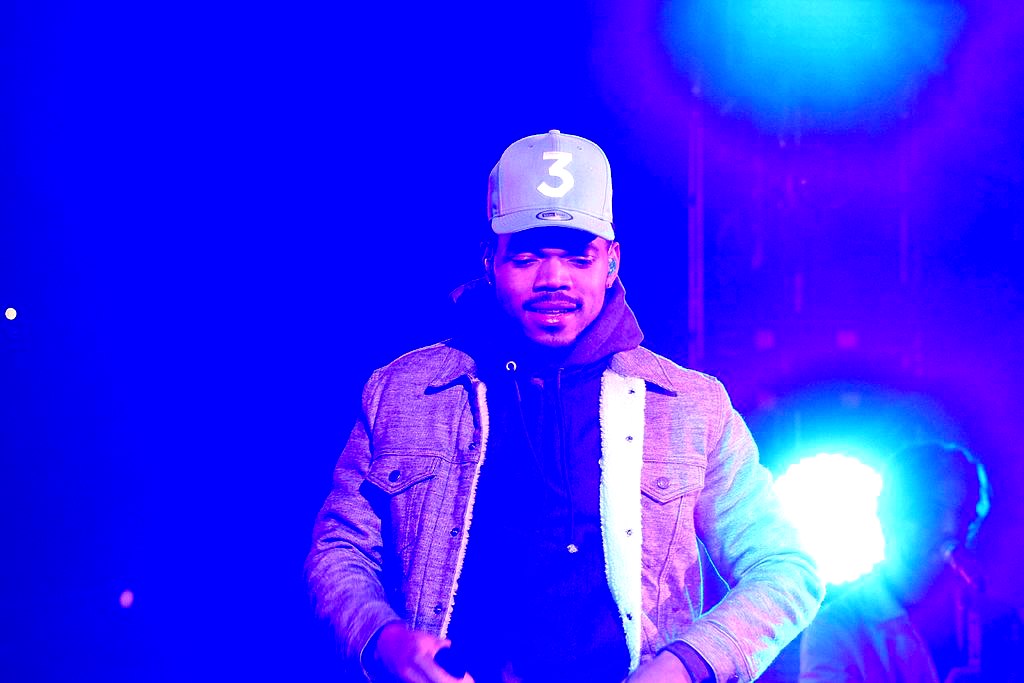


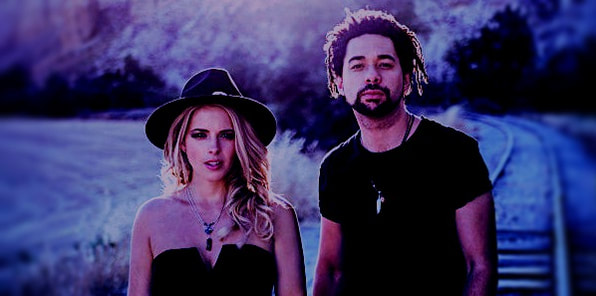
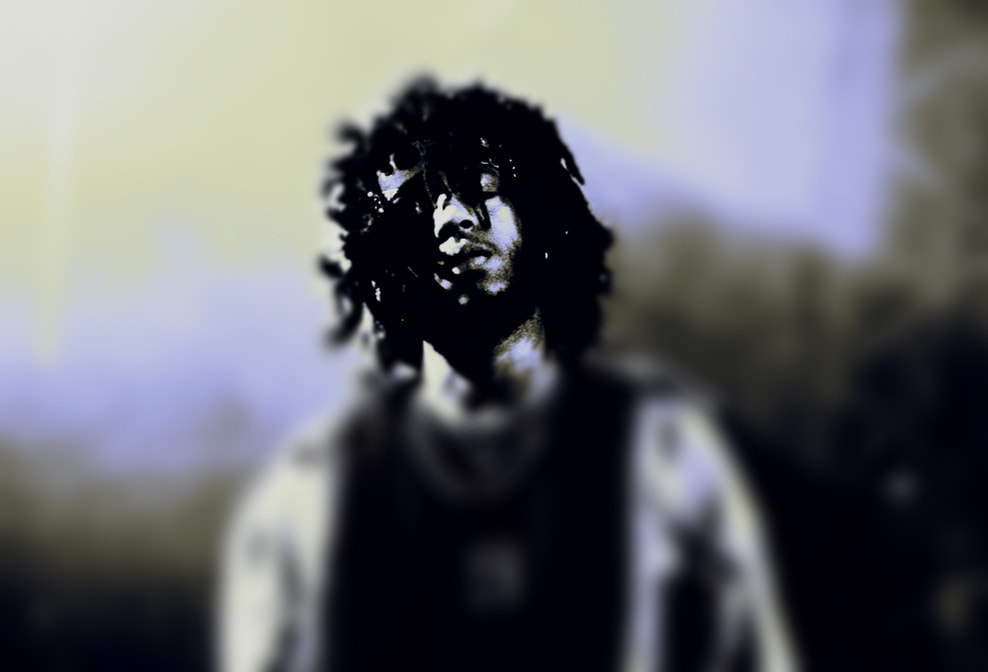
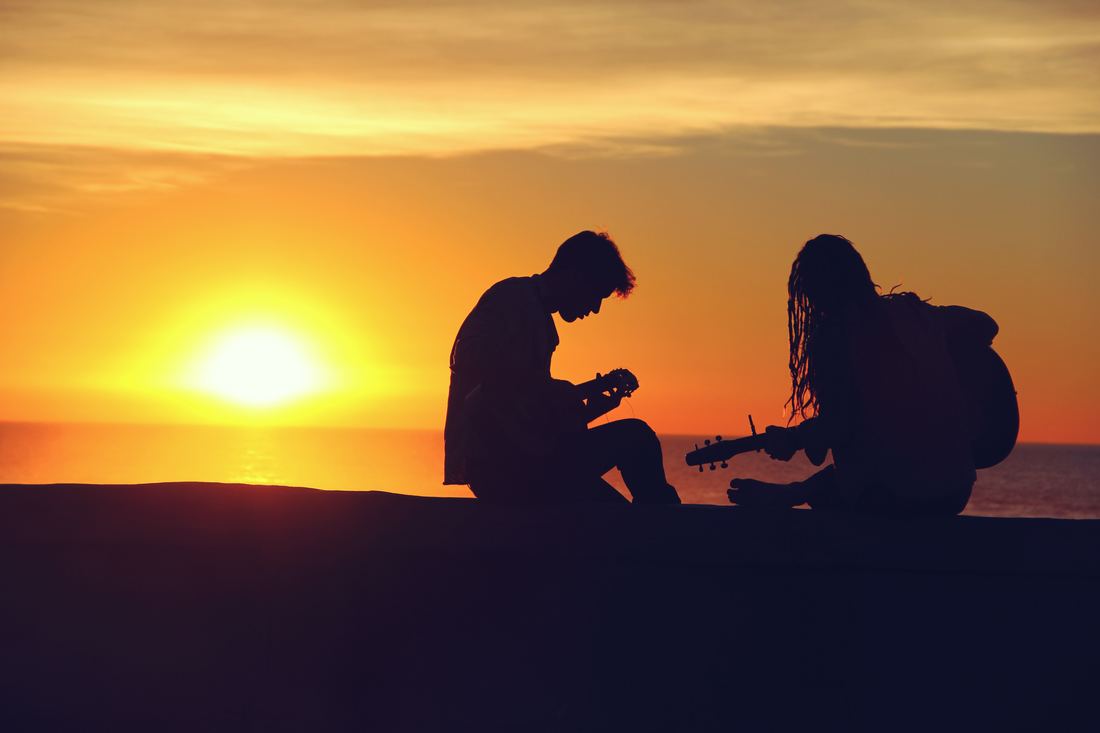
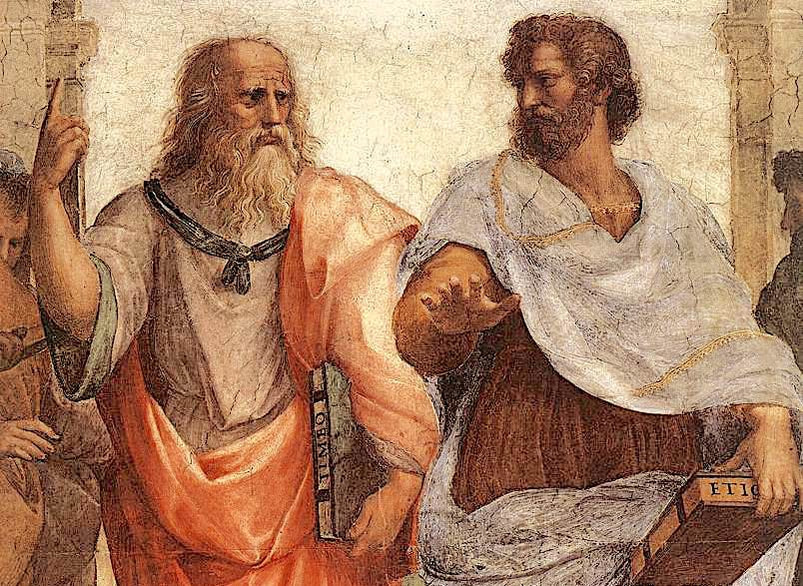
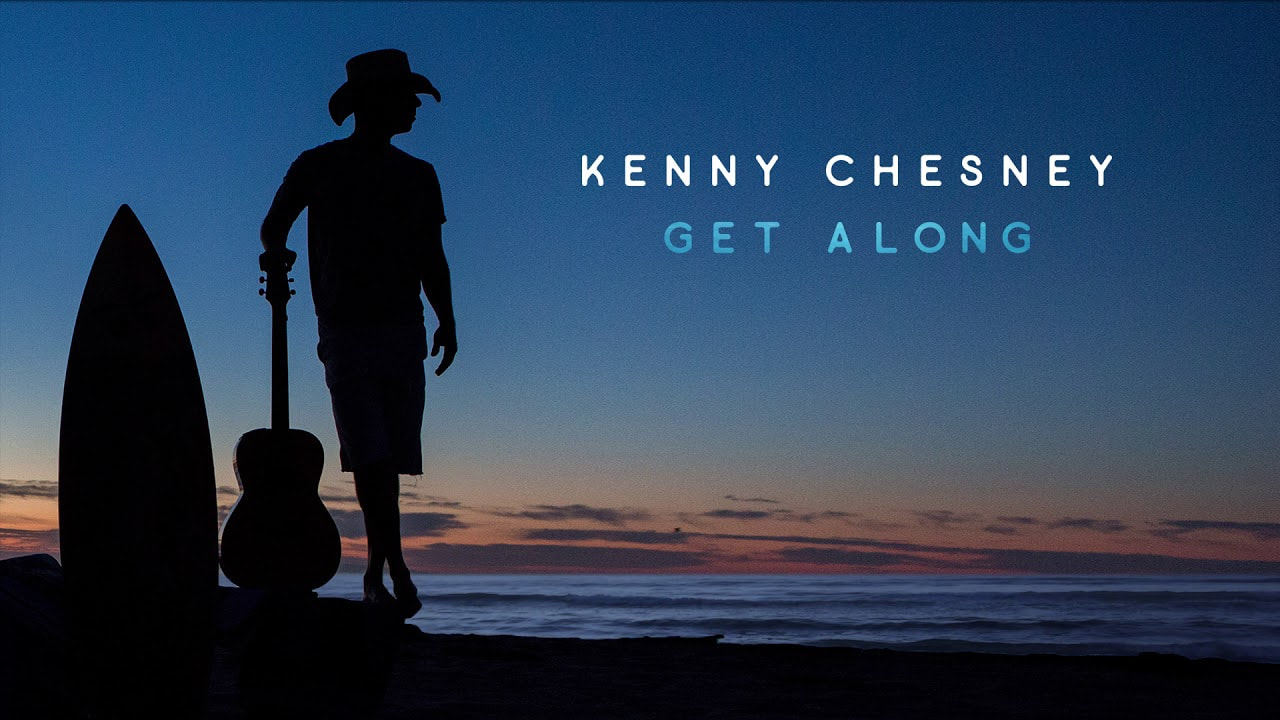
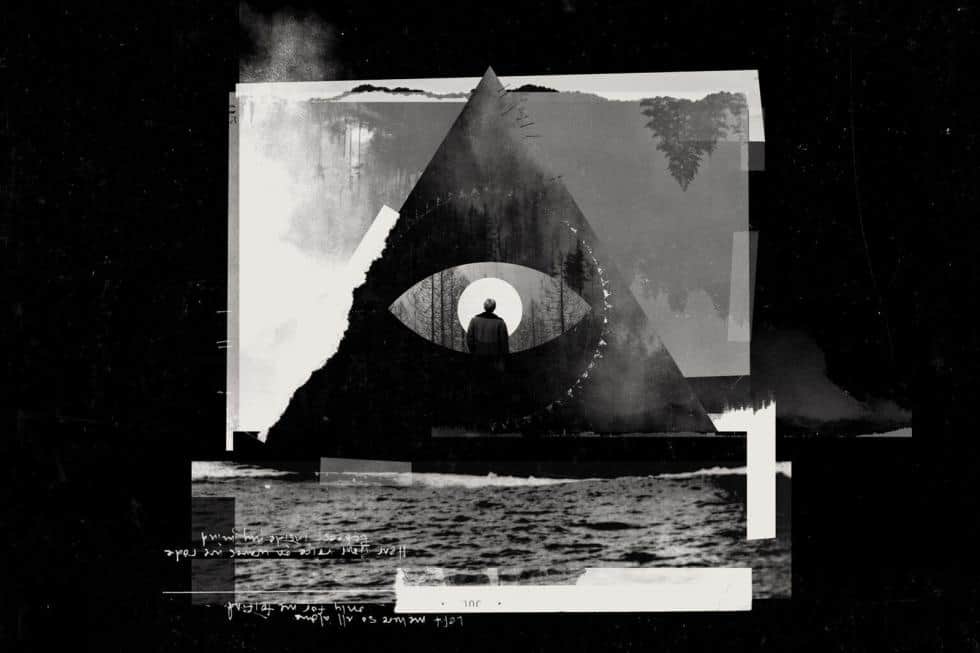
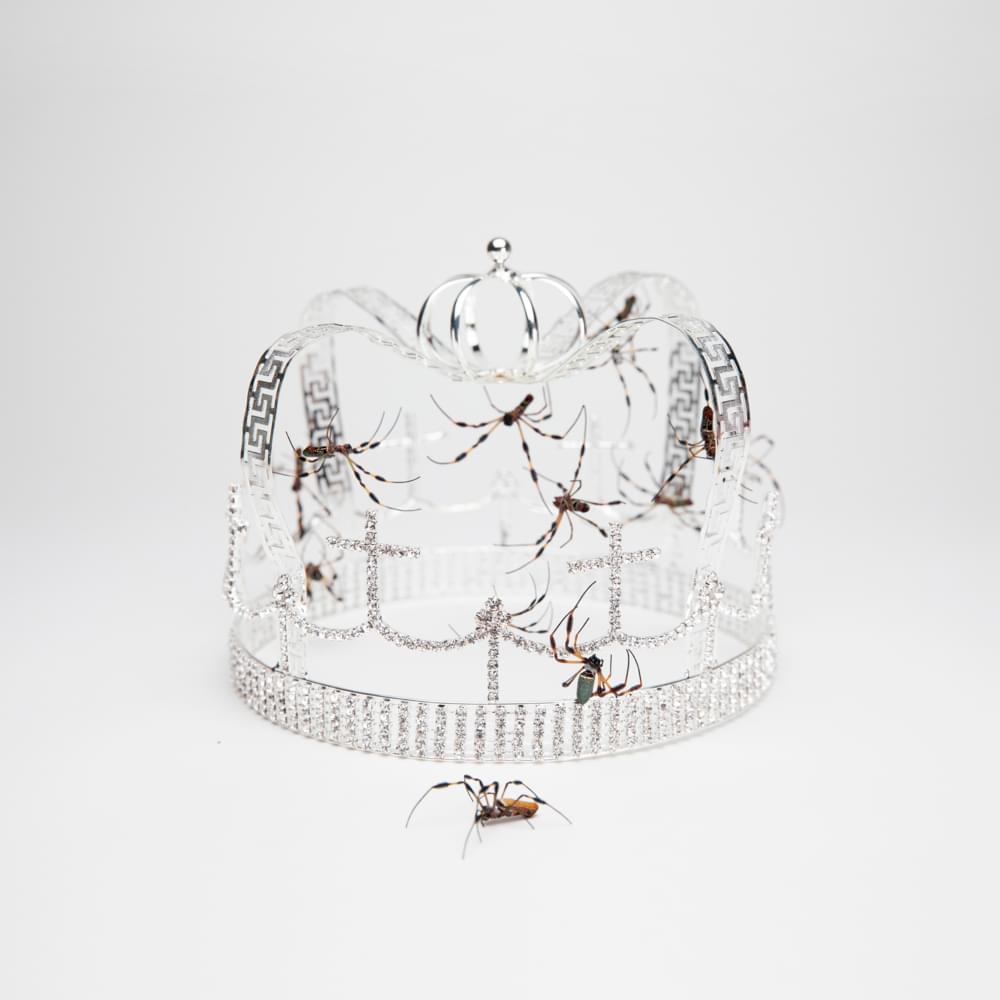
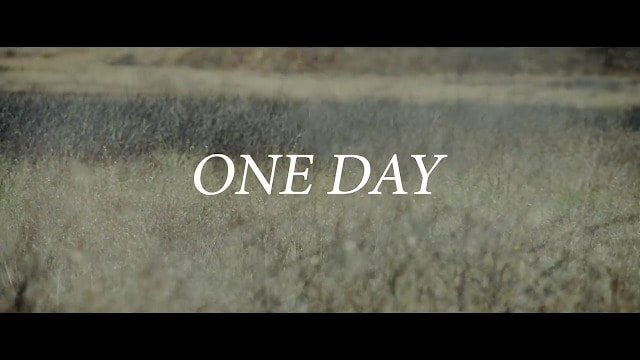
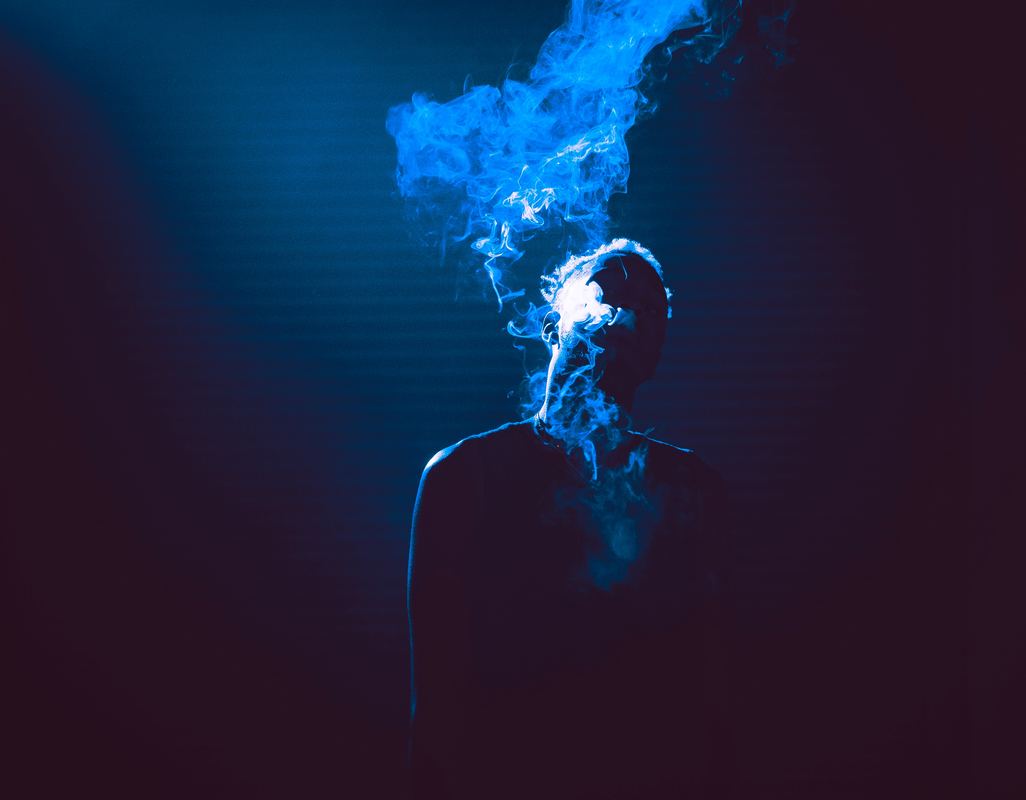
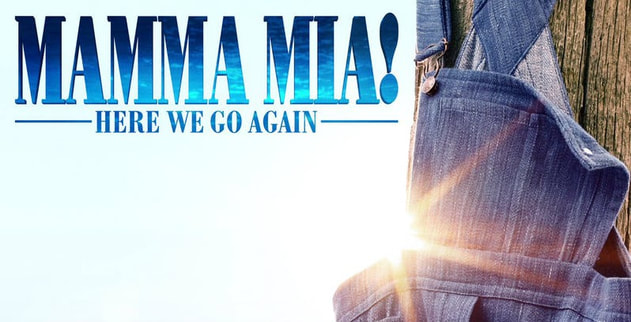
 RSS Feed
RSS Feed